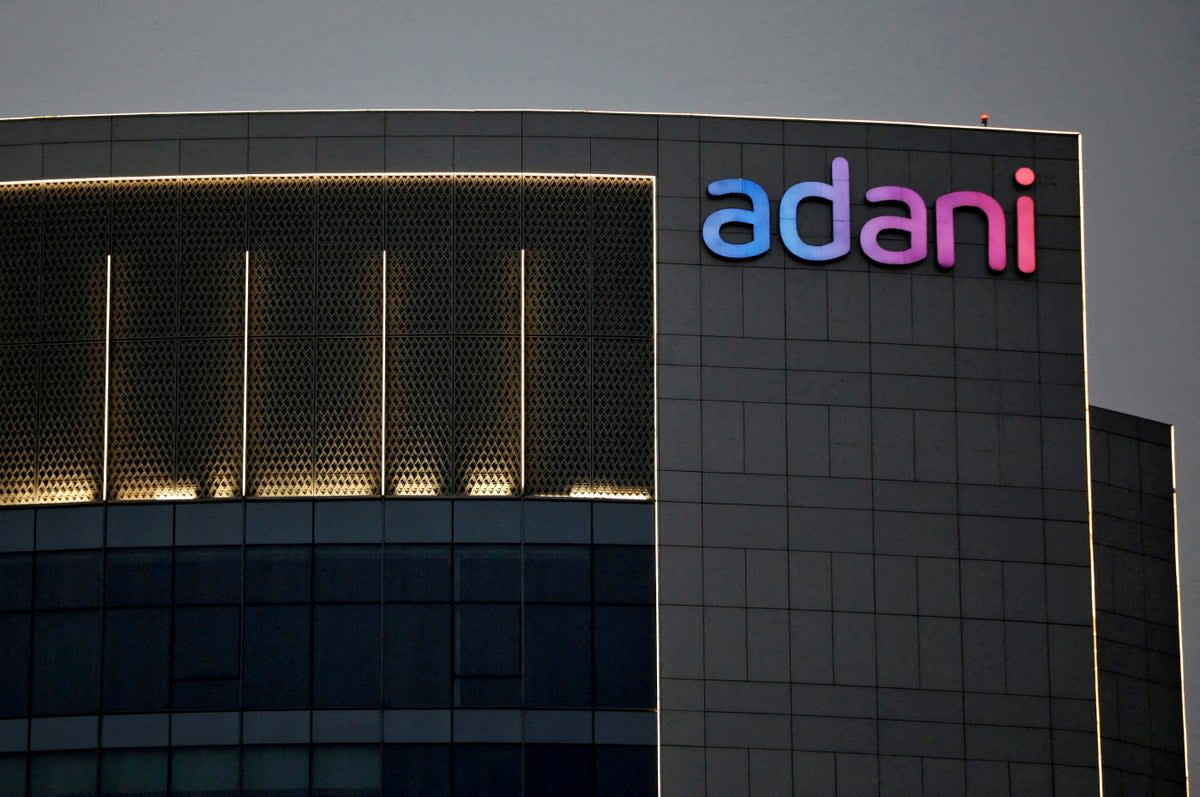Sri Lanka approves first major Adani Group project since ‘fraud’ claims

A multimillion dollar wind power project to be helmed by India’s scandal-hit Adani group has been approved by Sri Lanka, making it the conglomerate’s first big investment after it was accused of inflating stock prices.
The cash-strapped island nation on Wednesday approved two wind power plants to be set up in the country’s north by Adani Green Energy with a total investment of $442m.
The 350MW power plants are scheduled to be commissioned in two years and will be added to the national grid by 2025, Sri Lanka’s board of investment said in a statement.
The project will generate 1,500-2,000 new employment opportunities, the government said.
Adani Green Energy is the renewable energy section of the embattled Adani Group, whose seven companies have lost nearly $125bn since US short-seller Hindenburg Research last month alleged improper use of tax havens and stock manipulation by the conglomerate.
The Adani Group has denied any wrongdoing.
The allegations saw the chairman of the conglomerate, Gautam Adani, slip to the 26th position in the world’s richest billionaire list after his net worth dipped to $42.2bn.
The wind power plant project comes just two years after Sri Lanka awarded the Adani group a $700m strategic port terminal project in capital Colombo.
The concession was seen as an effort to pacify neighbour India amid concerns over China’s influence on Sri Lanka.
The group is building a 1.4km long and 20m deep jetty next to a Chinese-operated terminal at Colombo harbour.
Sri Lankan energy minister Kanchana Wijesekera said he met Adani officials on Wednesday to finalise the project and “expect the power plants to be commissioned by December 2024”.
The nation that 22 million people call home is reeling from its worst economic crisis since gaining independence in 1948.
The spiralling economic crisis occurred due to a shortage of foreign currency, surging prices and a lack of essential items.
Sri Lanka has been struggling with rolling power cuts for over a year as the government failed to generate sufficient amounts of coal power, forcing it to fast track renewable energy projects.
Earlier this month, the island nation hiked its power tariffs by 66 per cent.
The bankrupt country has suspended the repayment of foreign debt pending the outcome of talks with the International Monetary Fund on a $2.9bn bailout package.
Sri Lanka’s foreign debt exceeds $51bn, of which $28bn must be repaid by 2027.


